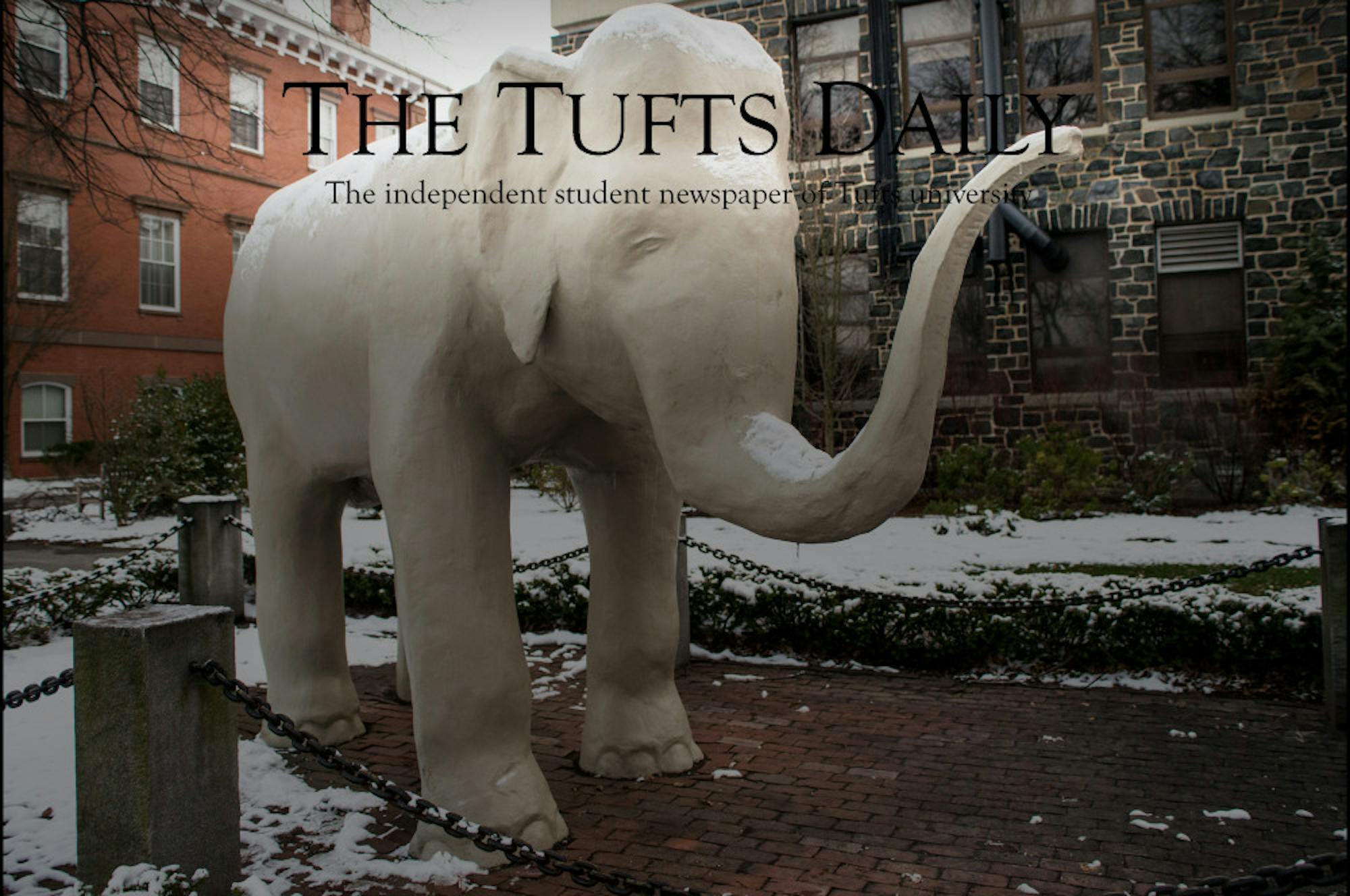Many of us are aware that Tufts has a diverse international body on its campus. Over the last few months there has been debate over the creation of an International Community Representative in the Tufts Community Union Senate that would address issues that many, if not all, of the international students on campus face. Many of the arguments in favor of an IC Rep emphasized how international students are excluded from things like internships, job opportunities, financial aid and other material disadvantages. Although this argument is extremely valid, I was disappointed about how little of our oppression was discussed as intersecting identities. The international community often feels oppressed not only because of our identity as being international, but also because of other ascribed, attained or adopted identities that intersect with what some of the other centers represent.
In the meeting someone said that though all experiences of women are not the same, women as an identity group are oppressed by the larger patriarchal structure of society. I wholeheartedly agree -- but which society is being discussed? Because in my knowledge and limited understanding of history and the present, women all around the world face oppression in different ways and through different methods. My experience of being marginalized as a woman in India does not always fit into the discourse of structural oppression at Tufts. But how am I supposed to voice this and more importantly, be heard, without a formal advocate on the Tufts campus?
Along the same vein, though many of us phenotypically fit into certain racial, ethnic and even cultural categories in the United States (white, black, Indian American, etc.), the fact that we are automatically regarded as belonging to one of these identities (from the moment of admission) is in itself discriminatory. In many countries, the institution of race manifest differently and doesn't follow the same format as it does in the U.S., but we have to identify ourselves into one of the specified categories on most administrative documents. Most of us are socialized in vastly different cultural, political and social systems and learn different morals and values than those practiced here, but we have to "get used to it." Previous discussions (here I must credit Ogul Girgin, whose knowledge on this subject is far greater than mine) have made me aware of how much many of us try to assimilate into what is considered the dominant "American" outlook.
So we adopt social markers. We change our accent, clothing, behavior and many other aspects of our identities so as to not be exoticized. The fact that we feel the need to assimilate at all is oppressive and I don't believe that this aspect was emphasized enough at the debate on Sunday. The formation of a representative for the international community is indeed a positive addition to the Senate, but the immediate debate that led to it was sadly disappointing. How the international community, or any minority community really, is oppressed should not be talked about in a vacuum. One may face discrimination based on overlapping identities and that is where cross-cultural and transnational dialogue between the centers, including the International Center, becomes necessary.
Saba Kholi Dave is a freshman who has not yet declared a major. She may be reached at Saba.Dave@tufts.edu






